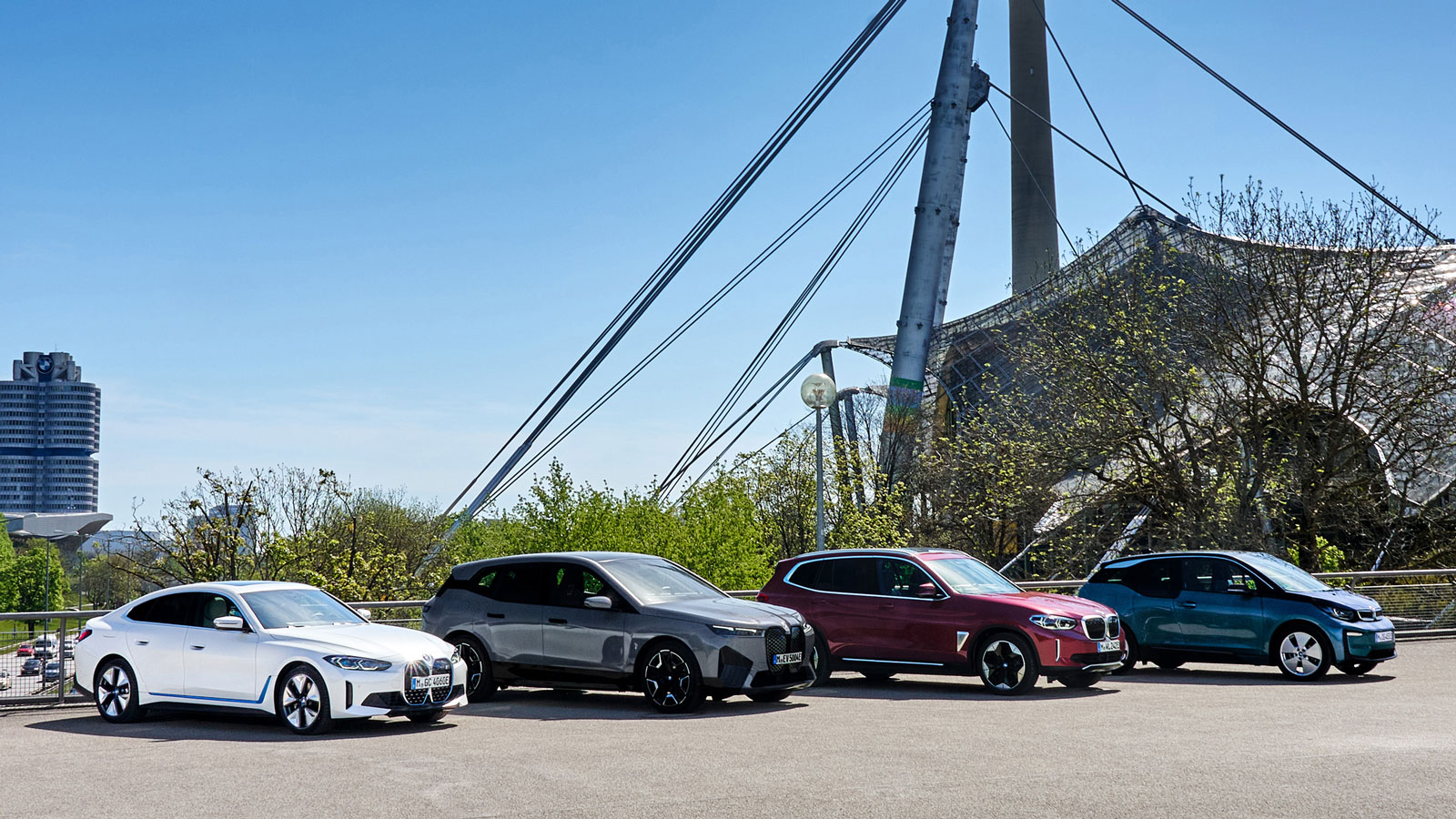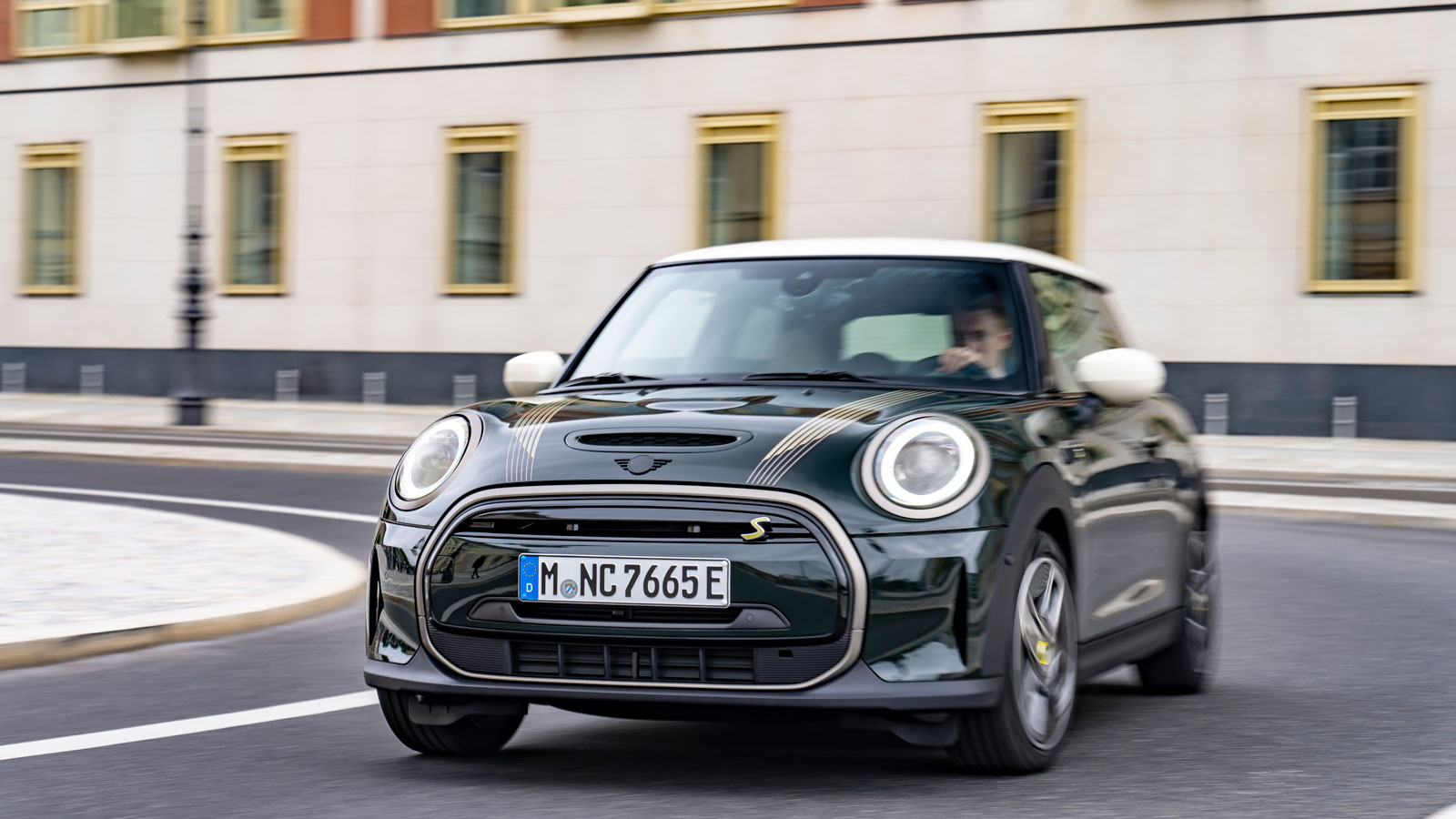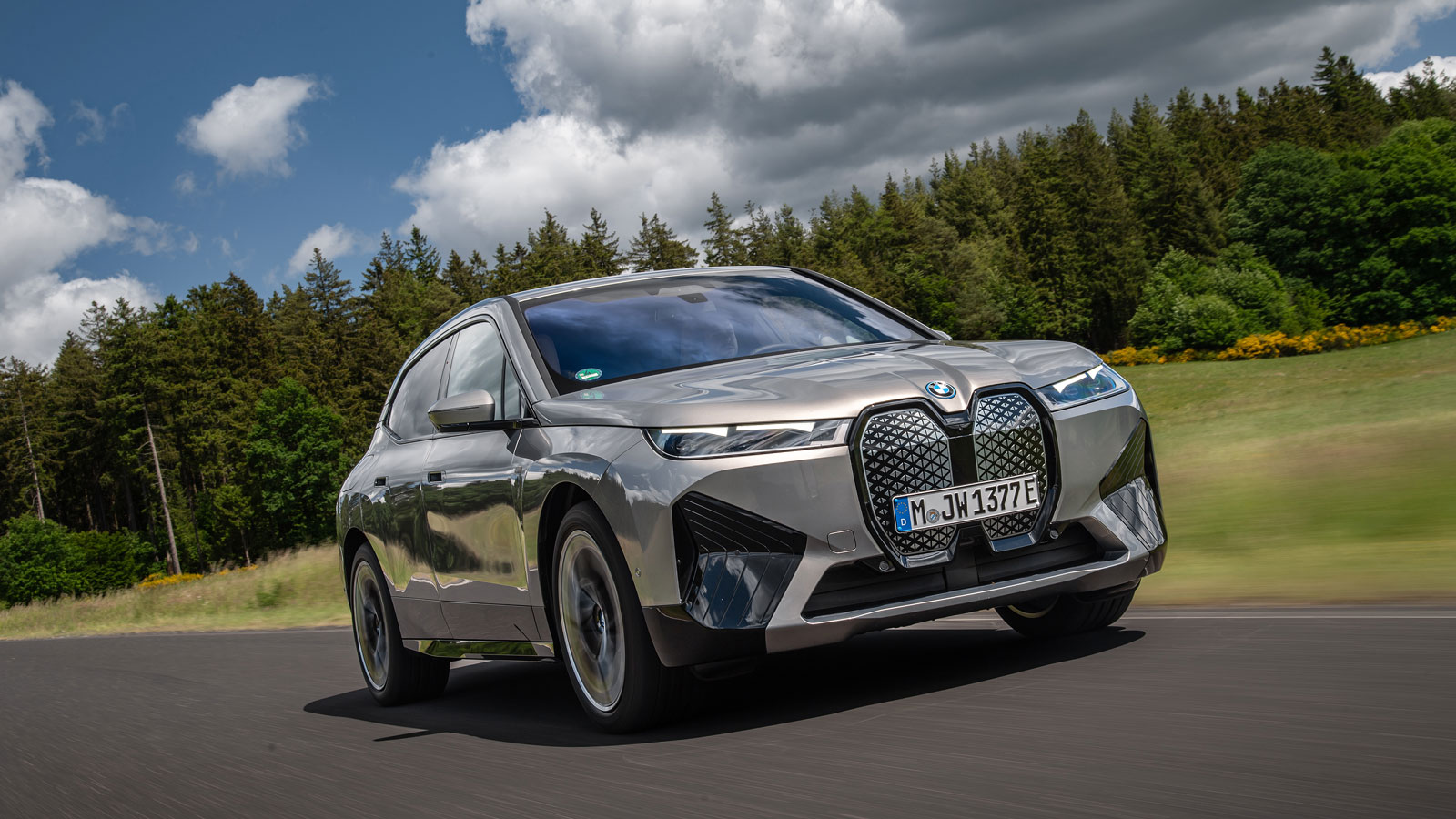Sales Of Almost Every BMW Are Down, Except Its EVs
BMW's X7 SUV and its battery-powered vehicles were the only models to post rising sales so far this year.
It's a tough time to be a regular car maker. While luxury firms like Lamborghini are boasting record sales, the kind of car firms you and I might shop with are struggling with production backlogs, delays and component shortages. All of these issues are hitting sales and profits for the world's automakers. Quick, let me grab my tiny violin.
For BMW, its latest financial results show that such hurdles have hampered sales of almost every model in its lineup. In the first six months of 2022, BMW reported a drop in deliveries of 13.7 percent, down to 1,016,228 cars.
The drop was particularly bad for the firm's smaller models, like the 3 and 4 Series, which were down 34.3 percent, and the X1 and X2 crossovers, which fell 24.1 percent at the start of this year.
In fact, BMW reported a decrease in deliveries for every model in its range except for the X7 SUV and its electrified lineup. That's right, sales of the X7 were up 3.5 percent while deliveries of battery-powered BMWs more than doubled to 57,462 units.

Sales of BMWs core range of i vehicles, including the iX electric SUV, the i3 hatchback and the i8 sports car rose 102.4 percent to 26,037 in the first six months of the year. Across the automakers entire range of electric cars, sales were up more than 150 percent.
BMW said this growth around the world was led, in part, by the debut of the iX. In the U.S., BMWs offers the the iX SUV and the i4 electric sedan, with the i7 due to launch later this year.
The firm also offers plug-in hybrid variants of some models, including the 3 Series, 5 Series and X5 SUV. However, sales of its plug-in models dropped slightly compared with the same period last year.

Across the BMW group's other brands, EVs and plug-in options also proved popular.
At Mini, total deliveries were down by a fifth, despite a 37 percent jump in sales of its all-electric Mini Cooper SE. In total, electrified vehicles accounted for more than 18 percent of global deliveries for Mini.
